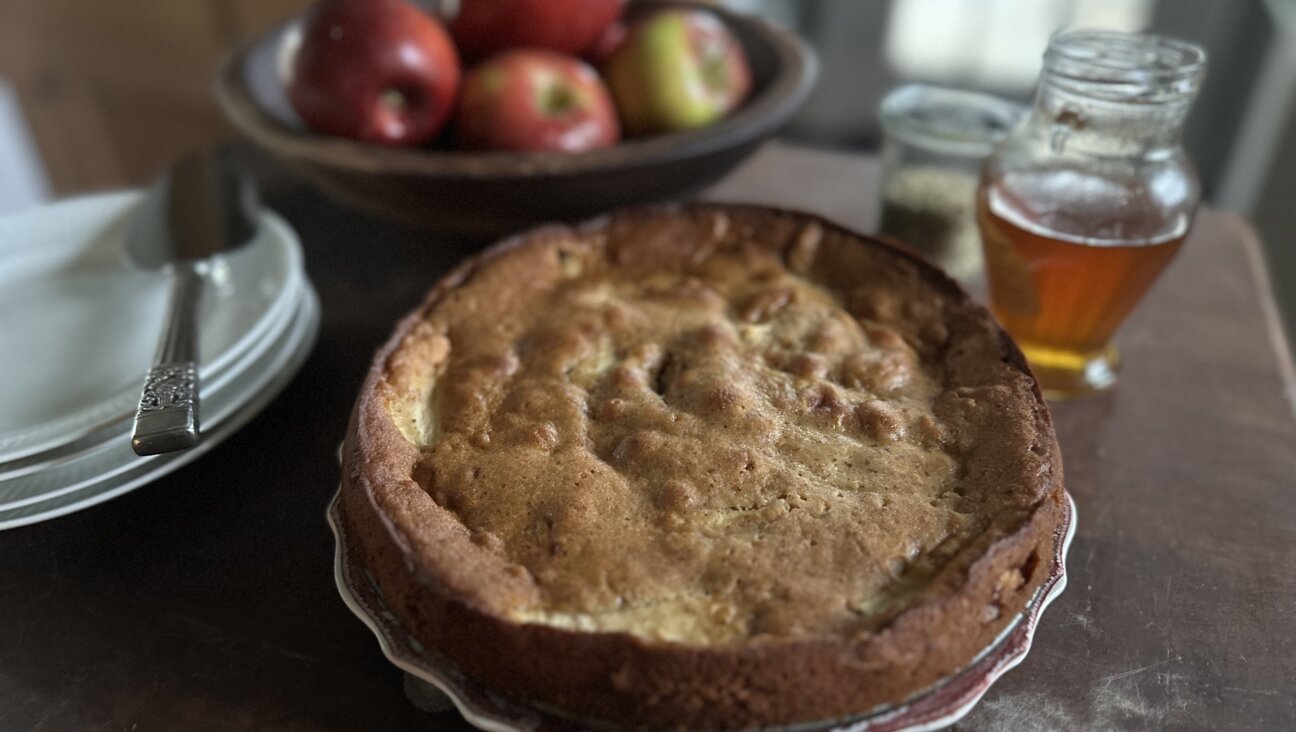Making Your Dinner Table a Temple
For my 33rd birthday back in 1992, I received a book from our best friends and frequent dinner partners, a book that changed my life. It was the Hebrew edition of the collected writings of Rabbenu Bahya ben Asher, a 13th-14th century kabbalist and biblical commentator. It included what has become a constant companion over the past two decades, the14th century kabbalistic ethical manual on mindful eating: “Shulhan Shel Arba”, “Table of Four.” It has informed many Shabbat and holiday meals I’ve made and it has become central to my academic research on food and religion as well as a subject for my teaching.
“Shulhan Shel Arba” reveals that meals can elevate our relationships with one another and the world around us, by cultivating our relationship with God. It develops in both imaginative and very concrete ways the famous Jewish idea that the dinner table is a “mikdash me’at” — a “mini-Temple.” Like the Temple service, the table’s purpose is to help people have a relationship with each other and with God. And that’s exactly what this book has done for me: it has deepened and elevated my most important relationships with other people, and through them, with God, through the physical and sensory experiences of food and through talk at shared meals.
R. Bahya sensually describes the words to be said at a meal, like blessings and food-related Torah discussions, as if they were the smells and sights of aromatic oils and smoke wafting up to the heavens at the altar of the Temple. Likewise, he discuses how the physical gesture of raising the ten fingers of your hand up for washing before a meal (netilat yada’im) kinetically turns your attention upward. The upward motion is key. R. Bahya has you imagine energy flowing up from your ten toes through your body, through your ten fingers, reaching up to connect back to their Source, the ten Sefirot (the kabbalistic symbolic terms describing God). What we see, say and sense at the table should stimulate our imagination.
R. Bahya suggestively connects the imperative to go out of your way to be hospitable to both the mundane activity of lingering over your dinner table after a pleasant meal and to a powerful reminder of our own mortality. He says:
Whoever prolongs his time at the table, his days and years are prolonged for him…By prolonging one’s time at the table, it is more likely that a poor person will come and he’ll give him a piece of food so he’ll be provided for.
And then he mentions the remarkable custom of some sages and innkeepers from Provence who would turn their dinner tables into the coffins in which they were buried. They did this in order to symbolically take their acts of hospitality while they were alive with them when they passed on. Invitations to human guests in effect “invite” God to the dinner table.
“Shulhan Shel Arba” offers us these metaphors to live by. Through “Shulhan Shel Arba’s” imaginative re-envisioning of the ordinary things we can do at the dinner table, we might truly experience our Jewish table as indeed a kind of “table before the Lord” (Ezekiel 41:22). I can tell you, I’ve tasted it.
Jonathan Brumberg-Kraus is a Professor of Religion at Wheaton College (MA), and a Reconstructionist Rabbi. He recently translated R. Bahya Ben Asher’s classic medieval mystical eating manual, “Shulhan Shel Arba” into English.
A message from our CEO & publisher Rachel Fishman Feddersen

I hope you appreciated this article. Before you go, I’d like to ask you to please support the Forward’s award-winning, nonprofit journalism during this critical time.
At a time when other newsrooms are closing or cutting back, the Forward has removed its paywall and invested additional resources to report on the ground from Israel and around the U.S. on the impact of the war, rising antisemitism and polarized discourse.
Readers like you make it all possible. Support our work by becoming a Forward Member and connect with our journalism and your community.
— Rachel Fishman Feddersen, Publisher and CEO























